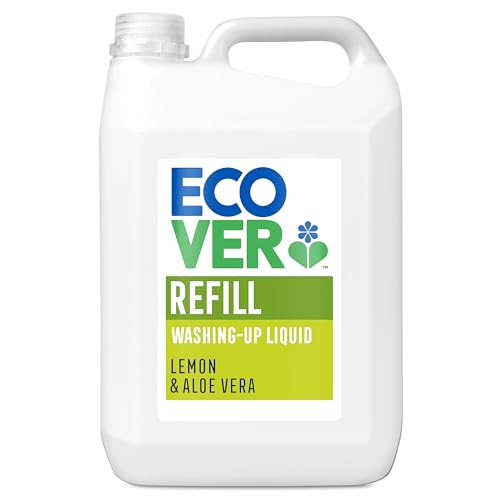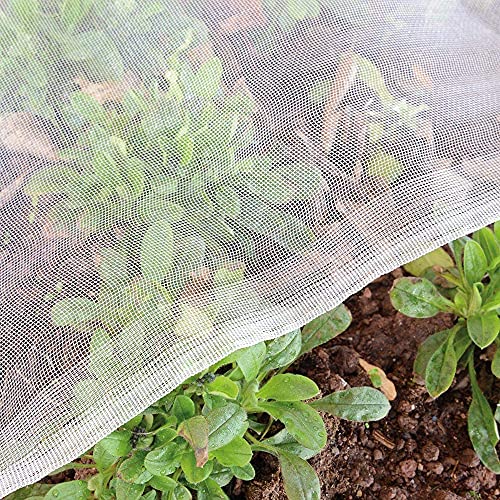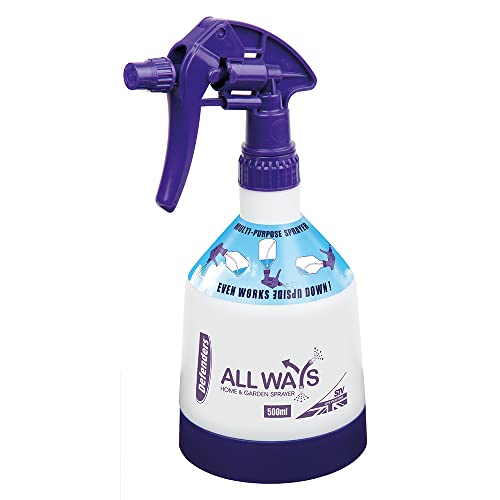How to get rid of aphids – protect your plants with these top tips
Getting rid of of these pests could be the key to healthier plants

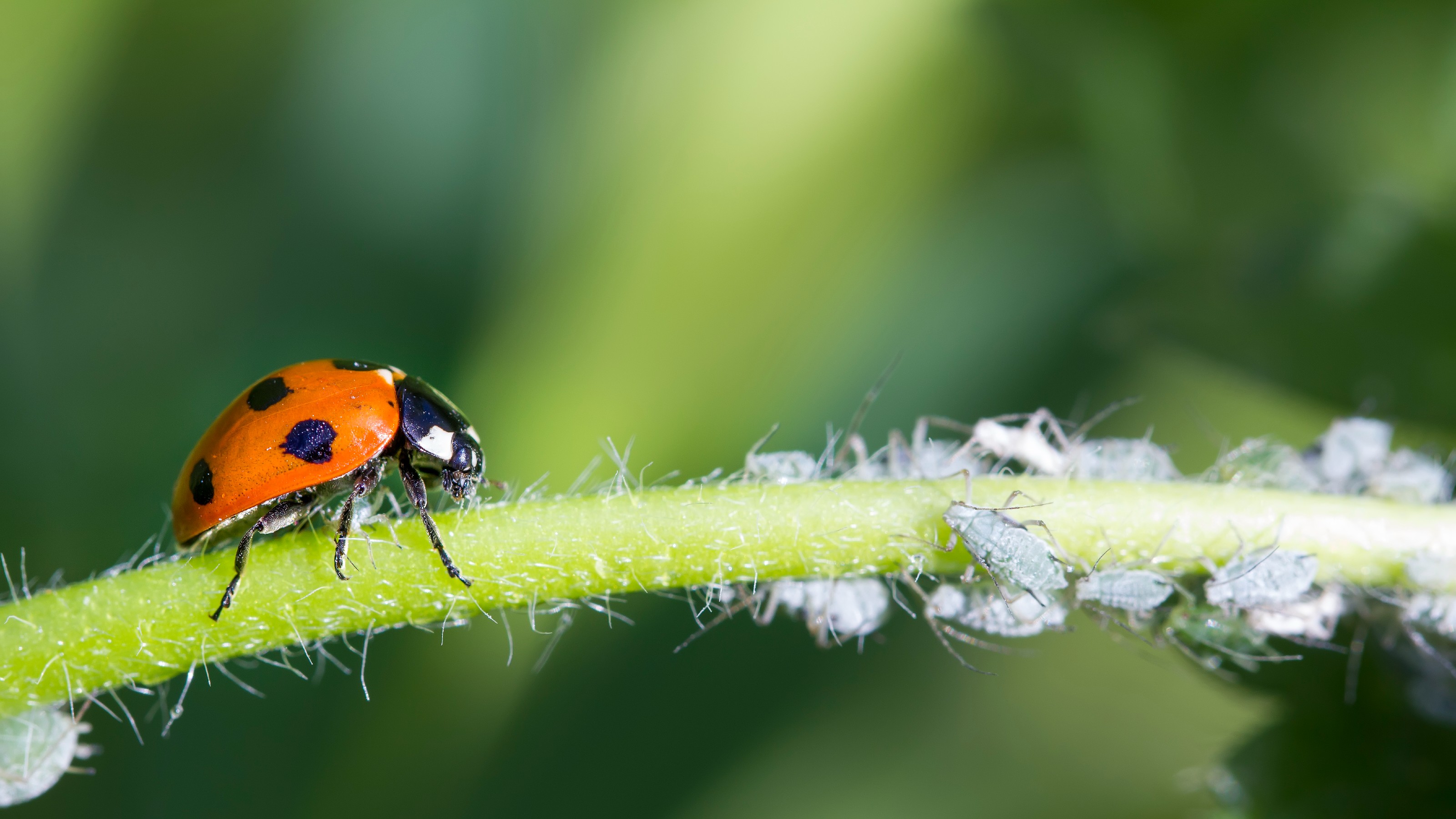
Aphids can run riot on a wide range of plants in the garden, whether you're growing vegetables or flowers. No one enjoys the sight of these pests clustering on otherwise healthy growth, so you might be wondering how to get rid of aphids before the damage sets in.
Aphids are one of the most common garden plant pests you shouldn't ignore, and if you do, you'll regret it. 'While aphids seem small, they multiply quickly,' warns Edris Latifi, pest expert at Eco Care. 'Like with most pests, the key is to be vigilant and stop them in their tracks.'
The small but mighty pests come in a range of species and colours, from greenfly to blackfly, but they're all dealt with in the same fashion. As it's important to nip any damage in the bud, we've put together an expert-approved guide on how to get rid of aphids.
What you'll need
1. Spray them off with water
The simplest method for getting rid of aphids is removing them on sight. 'If aphids have already taken hold of your garden, you can tackle them with strong jets of water, and a good drenching can save your plants,' says Edris from Eco Care. 'This mainly works on hardy plants that can stand the jets.'
A garden hose on the full setting can work wonders at knocking aphids off of your plants but, as Edris advises, be careful with fragile plants. If you're hesitant to take the chance, you can knock the aphids off by hand instead.
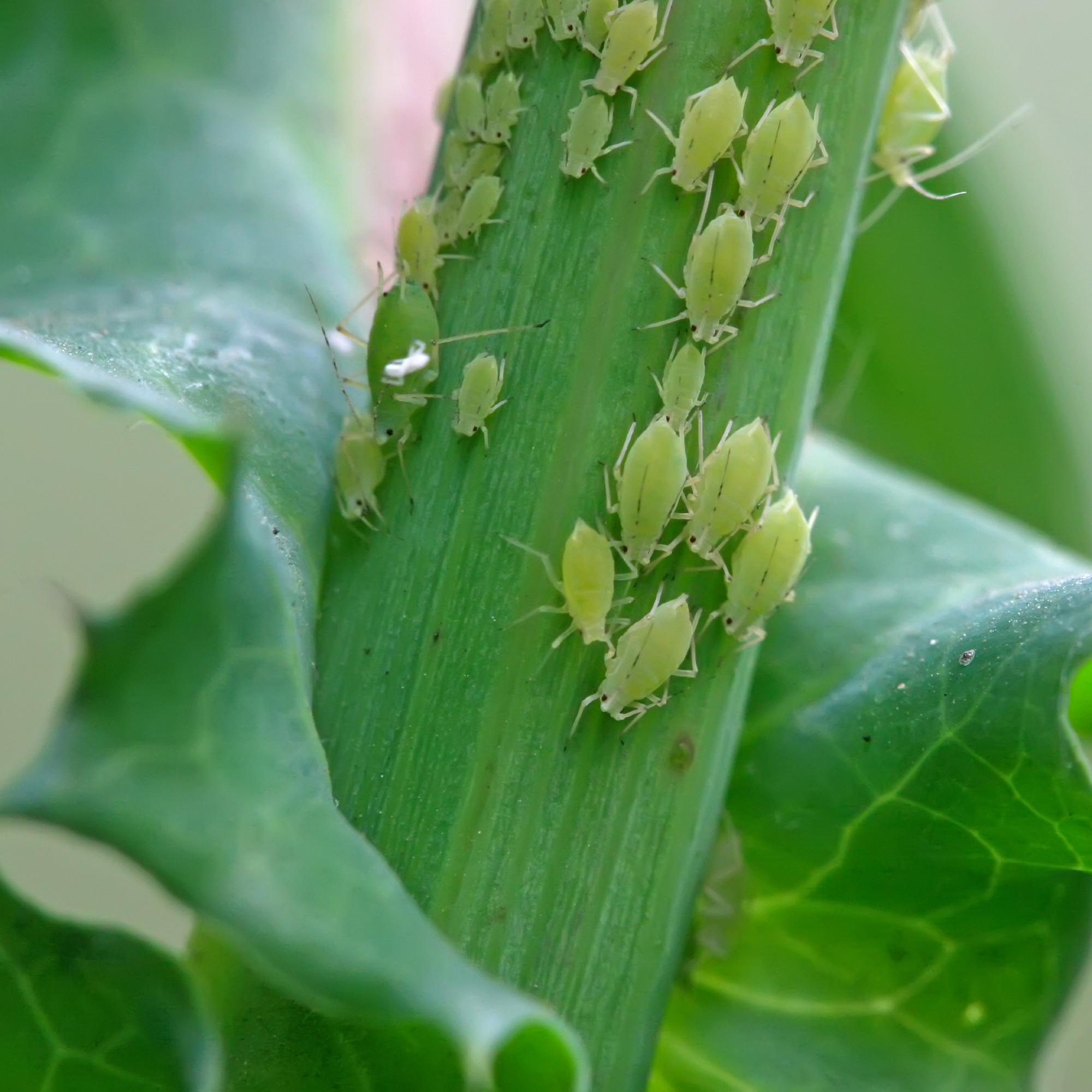
2. Use soapy water
It's unlikely that the displaced aphids will crawl straight back onto your plants, but if you want to make sure, you can try adding soap to the mix.
'A diluted solution of washing up liquid can kill aphids,' says Morris Hankinson, managing director at Hopes Grove Nurseries. 'Mix a few drops to a teaspoon with water in a spray bottle and apply it to the affected plants.'
Sign up to our newsletter for style inspiration, real homes, project and garden advice and shopping know-how
This method isn't entirely foolproof, though. 'Soapy water can sometimes harm the plants, so it should be used sparingly and tested on a small area first,' advises Morris.

Morris Hankinson is the founder and managing director of Hopes Grove Nurseries Ltd, the UK’s only specialist grower-retailer of hedging plants. After graduating with a Commercial Horticulture Degree from Writtle College, Essex in 1992 Morris established the nursery the same year on a half-acre plot at the 25-acre family farm in Tenterden, Kent. The business soon grew to cover the whole farm and now grows hedging plants across three nursery sites in the beautiful Weald of Kent totalling 130 acres.
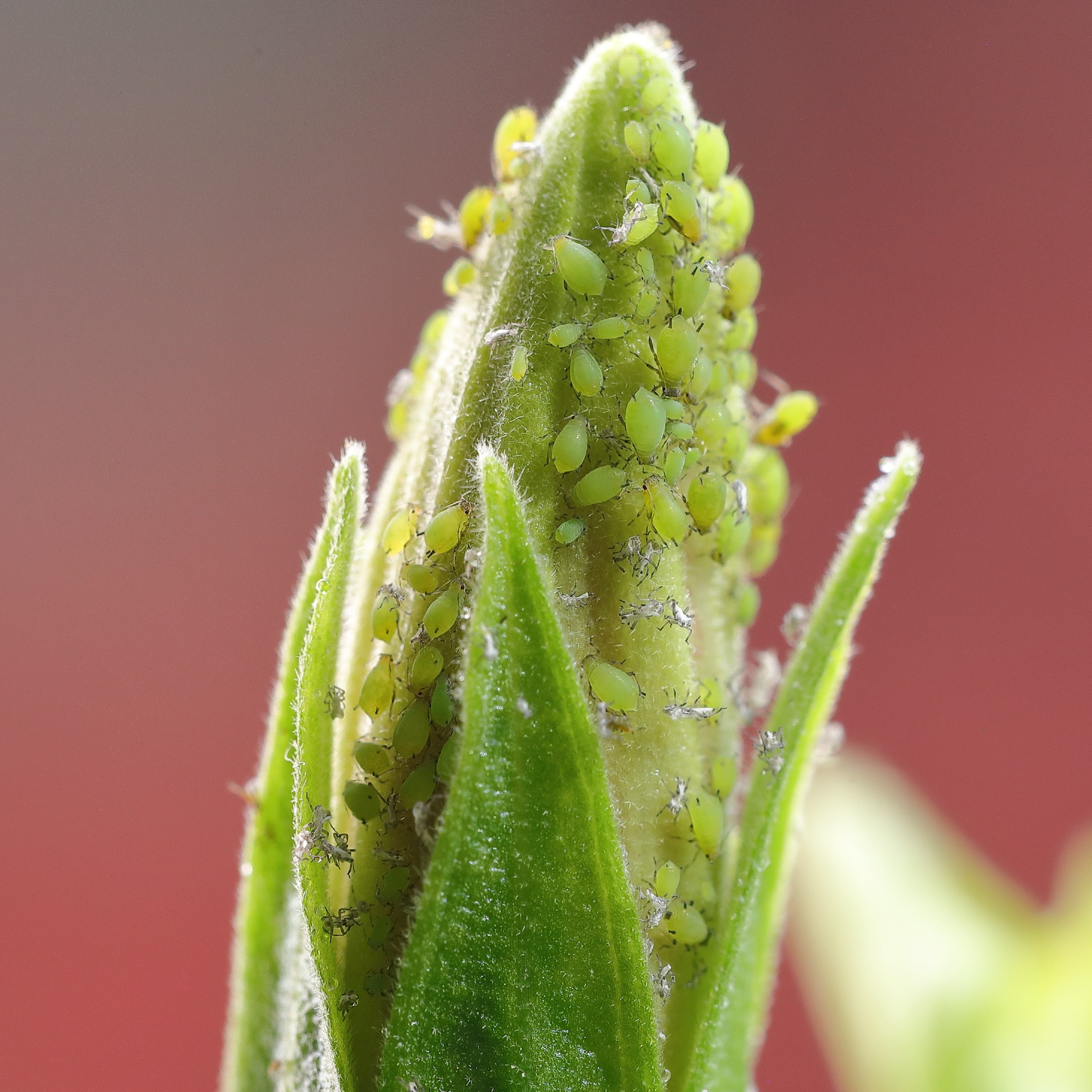
4. Go for companion planting
When it comes to learning how to get rid of aphids, you'll want to gather as many companion planting ideas as you can. Fortunately, there are a range of plants that aphids dislike.
'Planting aphid-repelling plants like garlic, chives, and marigolds among your plants can deter aphids from settling,' says Morris.
It's also important to attract beneficial insects to your garden to manage aphid numbers for you. 'Natural aphid predators are effective killers,' says Graham Smith MClhort, gardening expert at LBS Horticulture.
'It is believed that one ladybird can potentially consume hundreds of aphids in its lifetime. If you introduce ladybird larvae to a plant, they can eat hundreds of aphids a day and may be able to control the problem within a few days.'
Using ladybirds to control aphids is one of the more popular expert-approved methods for getting rid of aphids.

Graham Smith MCIhort is the national sales manager at LBS Horticulture. He has extensive knowledge in the horticultural and gardening industries, and prides himself on using this to help gardeners of all skills create their perfect outdoor space.
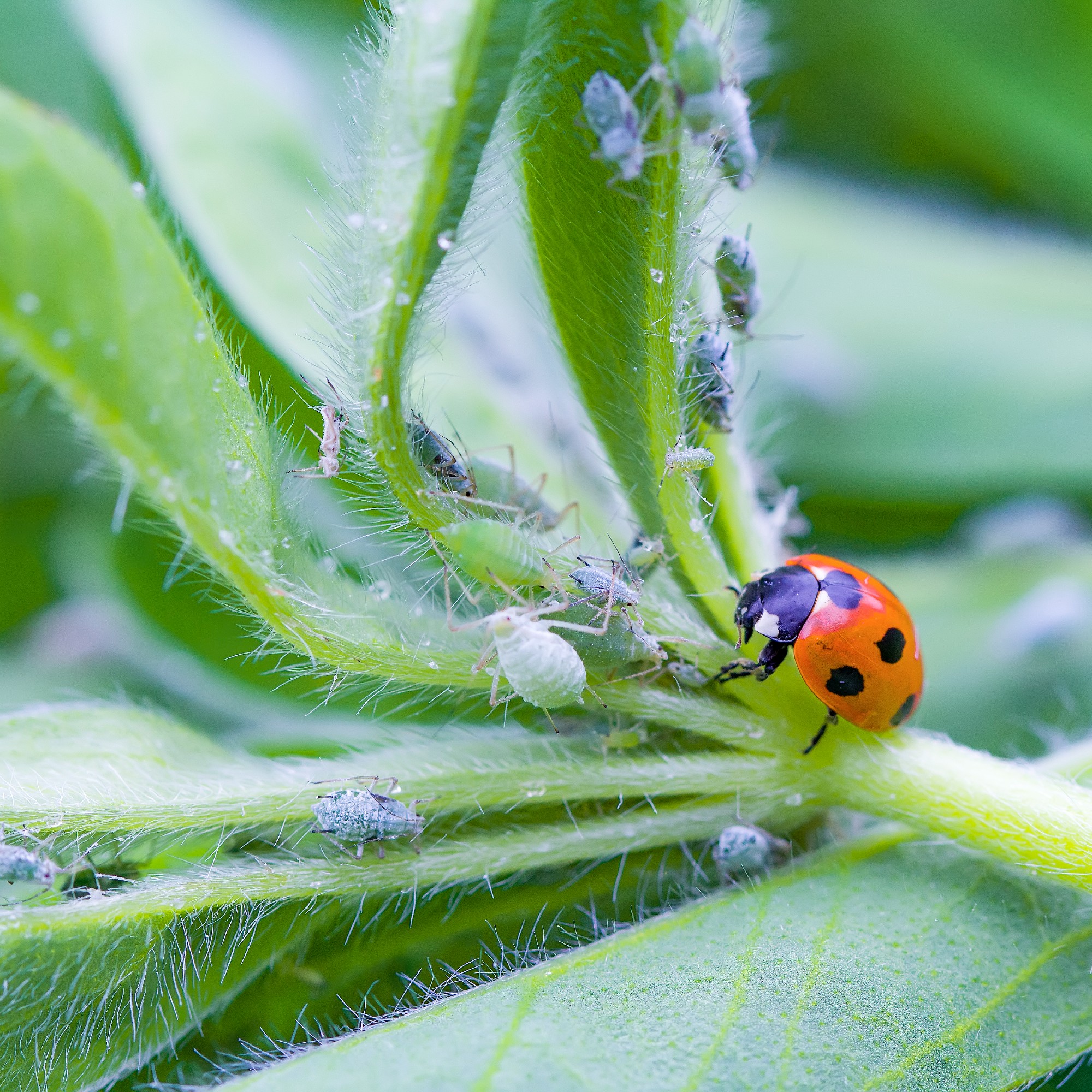
5. Protect with fine netting
Although knowing how to get rid of aphids is paramount to a healthier garden, preventing them in the first place is a bonus.
Covering your plants with fine horticultural netting or mesh can prevent aphids from taking up residence on the leaves. Just make sure the mesh size is under 0.8mm and check there aren't any gaps – if there's a way in, they'll find it!
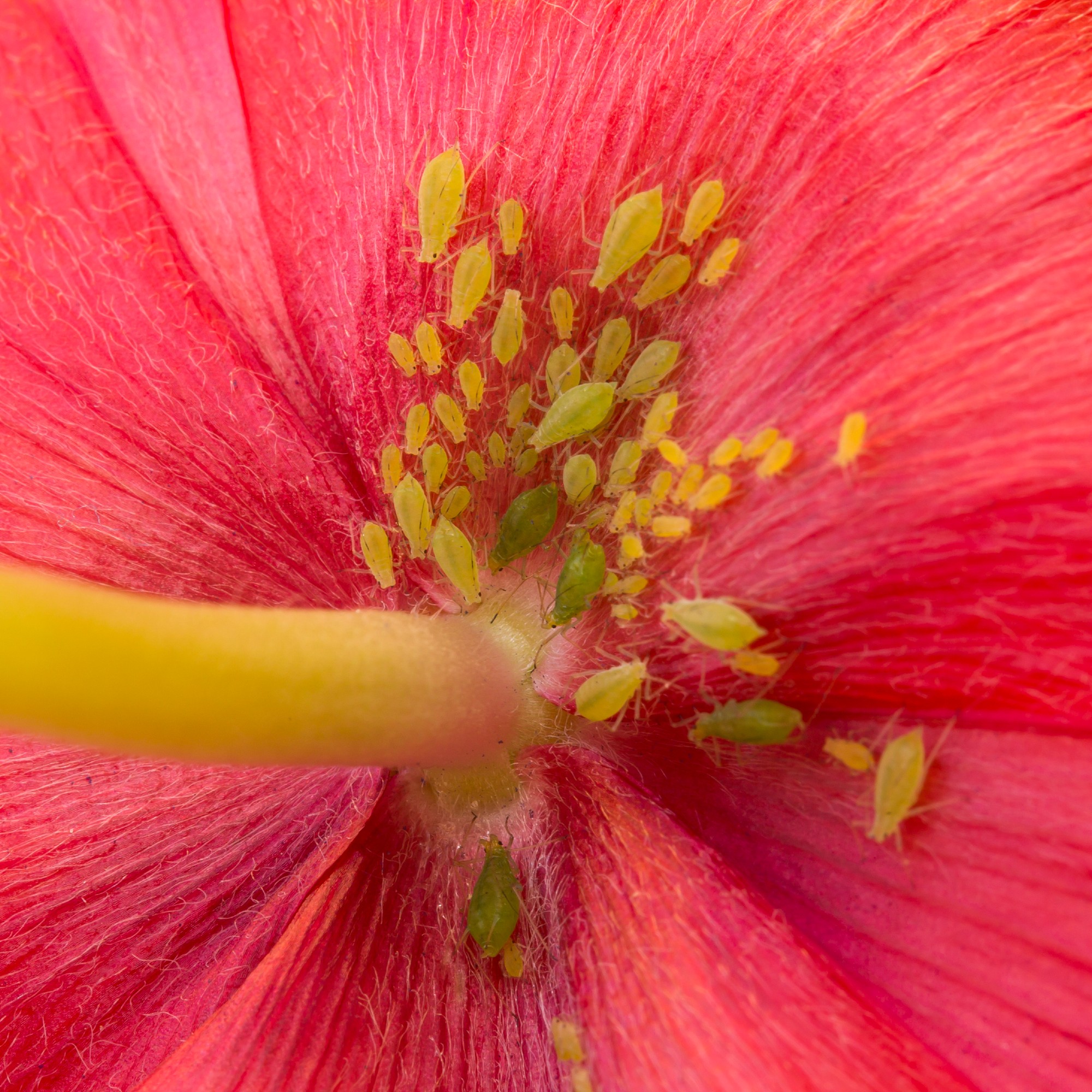
6. Keep your garden weed-free
Weeds provide the perfect environment for aphids to claim base and bolster their numbers – another reason to keep your garden as weed-free as possible throughout the year.
'One simple thing we can all do is remove weeds, as aphids can use them as a breeding ground before attacking your plants,' says Edris from Eco Care.
Taking easy measures like this can help get rid of aphids before they pose a risk to your more important plants.
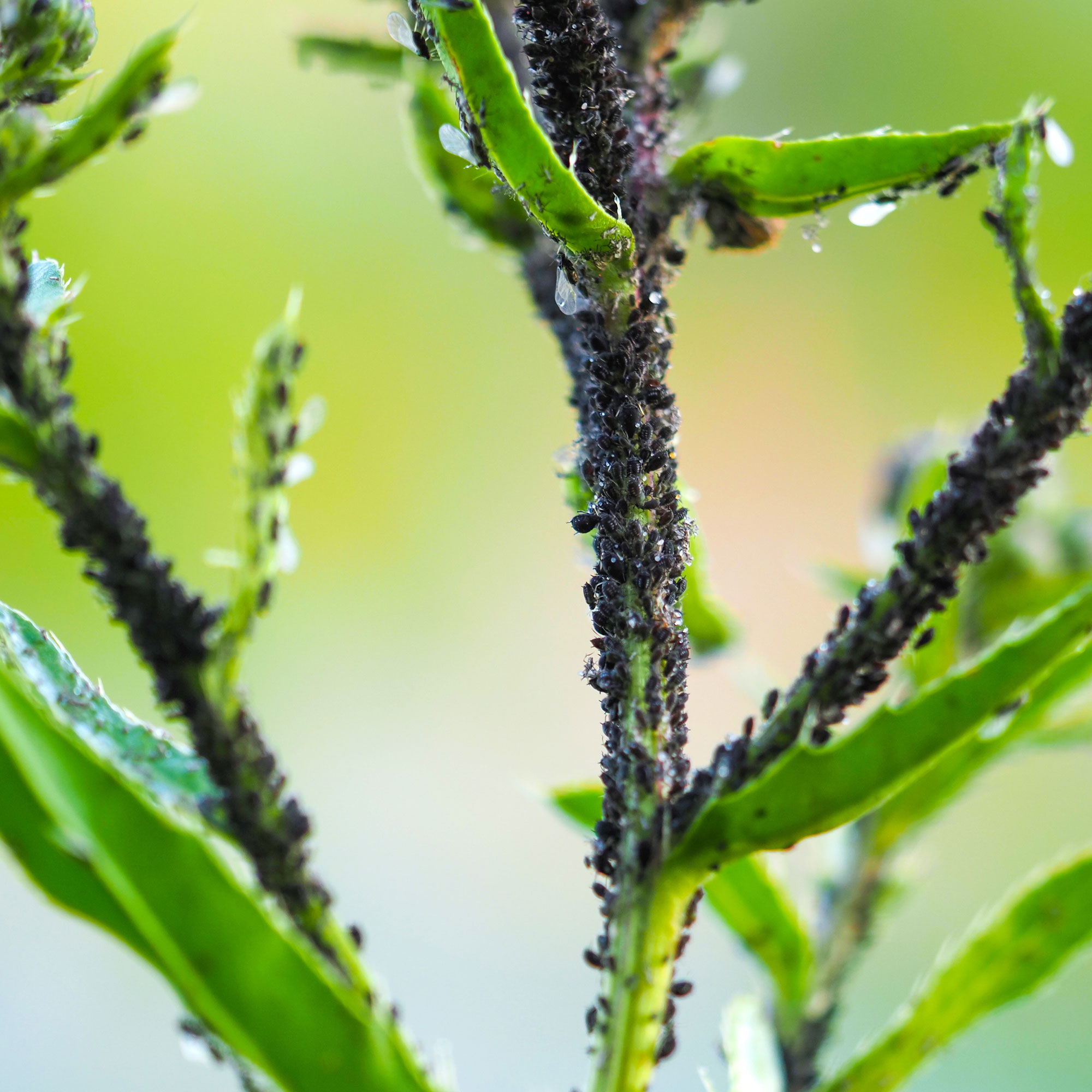
FAQs
How do you get rid of aphids fast?
The fastest way to get rid of aphids is to frequently monitor your plants and remove them on sight. You might choose to pick them off by hand, or spray them with water from afar. Though this can be a time-consuming task, it can help keep numbers down and stop populations from taking over the whole plant.
Does banana peel really get rid of aphids?
'Banana peels contain compounds that are thought to repel aphids and other pests,' says Graham from LBS Horticulture. 'If you are using them to deter aphids, ensure that the peel is covered with soil so that it does not begin to attract other pests and animals. Even if the peels do not work to repel aphids, they will release beneficial nutrients into the soil as they break down for plants to use.'
Now that you know how to get rid of aphids, you'll know what to do next time you spot them on your garden plants.

Sophie joined the Ideal Home team as Gardens Editor in June 2024. After studying English at Royal Holloway, University of London, she began writing for Grow Your Own, which spurred on her love of gardening. She's tried growing almost every vegetable under the sun, and has a soft spot for roses and dinnerplate dahlias.
As Gardens Editor, Sophie's always on the lookout for the latest garden trend. She loves sharing growing hacks for every space, from herbaceous borders to balconies.
